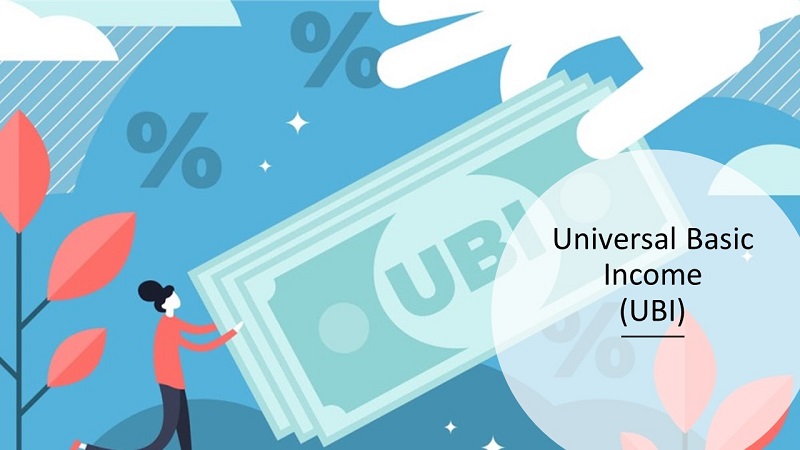
Chapter 1: What is Universal Basic Income (UBI)?
Universal Basic Income (UBI) is a concept where every adult citizen receives a fixed amount of money without any conditions attached. This means there are no eligibility requirements or complicated paperwork involved. The idea is to provide financial support to cover basic needs like food, water, and shelter, with the ultimate goal of eliminating poverty. UBI traces its roots back to English philosopher Sir Thomas More in the 16th century, who advocated for providing a means of livelihood to prevent desperation-driven crime.
Chapter 2: The Man Behind UBI
Sir Thomas More is often credited as the first advocate for UBI, as he proposed the idea in his book “Utopia.” Over the centuries, other thinkers like Johannes Ludovicus Vives and Thomas Paine also supported the concept. In modern times, experiments with UBI have been conducted, such as the pilot program in Stockton, California, which provided residents with a monthly allowance to test its effectiveness in alleviating financial stress and empowering individuals.
Chapter 3: Motive of UBI
The motive behind UBI is to take care of fellow citizens by providing a financial cushion to meet basic needs. By ensuring everyone has their essentials covered, UBI can reduce poverty, improve physical and mental health, and even boost job growth and lower school dropout rates. It provides individuals with the freedom to explore their passions, take risks, and make life-changing decisions.
Chapter 4: UBI and Its History
Despite being around for centuries, UBI has rarely been implemented on a large scale. Most experiments have been small-scale, with limited access to real-world data for analysis. Recent observations, such as the pilot program in Finland and the GiveDirectly initiative in Kenya, have shown promising effects on education, health, and overall well-being.
Chapter 5: Recent Observations Related to UBI
UBI is gaining traction in contemporary discussions, with advocates highlighting its potential benefits in reducing poverty, empowering unpaid work, and combating wealth inequality. Critics, however, raise concerns about its potential to worsen wealth inequality, replace targeted support for the needy, and lead to inflation. Research suggests that UBI could stimulate the economy by increasing demand for goods and services.
Chapter 6: Concluding Thoughts
As the debate on UBI continues, it is essential to understand that there is not a one-size-fits-all solution. Different communities may require tailored UBI strategies to address their specific needs and challenges. While there are potential benefits to UBI, further research and experimentation are needed to understand its full implications and feasibility on a national scale.
In conclusion, UBI presents both opportunities and challenges in addressing poverty and promoting economic stability. By exploring its potential and limitations, we can work towards creating a more equitable and prosperous society for all.



